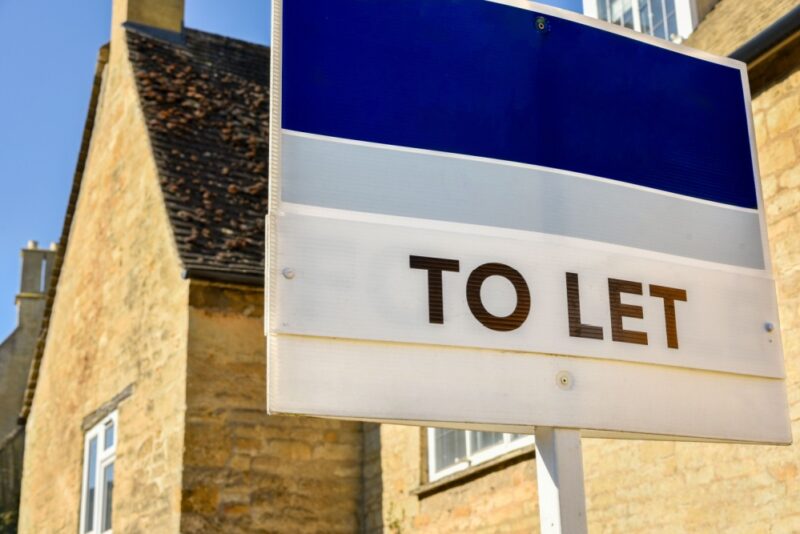Moving home can be stressful at any time, but if you’re juggling buying and selling a property at the same time you may feel under even more pressure. For some families, separating the two transactions to become chain-free might be useful and make it less stressful.
A property chain is where three or more sellers are linked together. Each person buying or selling a home will be dependent on at least one other person selling theirs. This can make buying and selling property slower and there’s a risk that someone will pull out, breaking the chain.
Indeed, research suggests almost a fifth of property sales that fell through in 2023 were due to a chain breaking. With around 35% of sales collapsing, that’s a significant number of buyers and sellers who are being affected by chain breaks.
Zoopla estimated that around a third of homes for sale in the UK in November 2024 were advertised as chain-free. If you already own a property, you could make yourself chain-free by selling your existing home and renting property or moving in with family until you find your next home.
There are some benefits to this approach. Read on to find out more.
The potential benefits of becoming chain-free
A chain-free property could be more attractive to buyers
If you’re selling your home without an onward chain, it could make it more attractive to buyers. In a competitive market, it could give you an edge and generate more interest – you might even receive higher offers as a result.
So, if you decide to become chain-free, it’s worth including this in the property listing.
It could speed up the transaction process
The process of buying a property in England, Wales, and Northern Ireland means it’s much slower than other nations, including Scotland. Indeed, the average length of time it takes to sell a property is reportedly around 6 months.
Part of the reason for this is the complexity of chains and the ability for buyers to pull out, which potentially places other sales at risk. As there’s less chance of the sale falling through, you could reduce the risk of delays affecting the sale of your current home by becoming chain-free.
Becoming chain-free might speed up the transaction process. However, keep in mind that there could still be a chain behind you. For example, your buyer might be dependent on the person who is buying their property, so you could still be affected by a chain break.
You don’t have to rush to find your new home
Once you’ve accepted an offer on your home, the pressure is on. You might feel like you need to rush to find a property to buy so that you don’t lose the sale. It could mean you end up settling for a home that doesn’t meet all your needs.
Choosing to sell and then rent or live with family could give you the time you need to find the perfect property for you, without the pressure a buyer may apply.
Becoming chain-free could lead to higher costs
While there are some benefits to making yourself chain-free, there are drawbacks to weigh up as well. One important downside is that it could cost you more.
If you choose to separate buying and selling your home some of the associated costs could be higher, such as the conveyancing fees you pay to a solicitor. In addition, you may also need to consider costs like hiring a furniture removal could double as you’d effectively be moving twice.
You should also factor in the cost of renting, which might be significantly higher than your mortgage.
While you might plan to rent for just a few months until you find a home, what would happen if this period was extended – could you afford the potentially higher costs?
Get in touch to talk about your mortgage needs
If you’ll be taking out a mortgage to buy a property, searching for a new deal could be time-consuming and stressful. As a mortgage broker, we’re here to offer our support. We could work with you to understand your mortgage needs and find a lender that’s right for you. Please get in touch to talk to us.
Please note: This blog is for general information only and does not constitute financial advice, which should be based on your individual circumstances. The information is aimed at retail clients only.
Your home may be repossessed if you do not keep up repayments on a mortgage or other loans secured on it.




